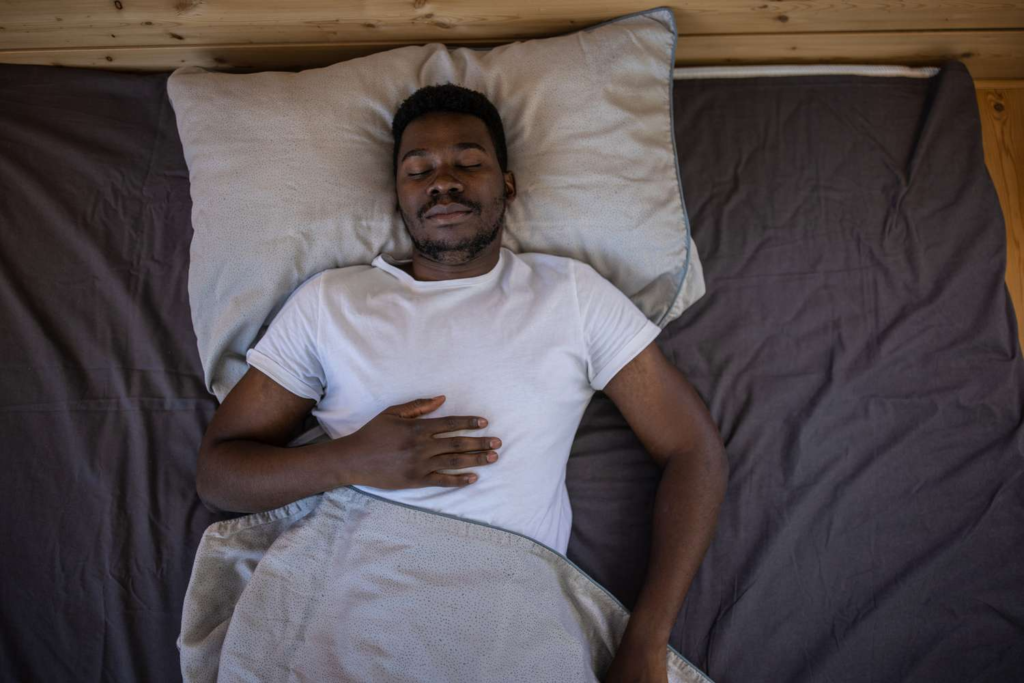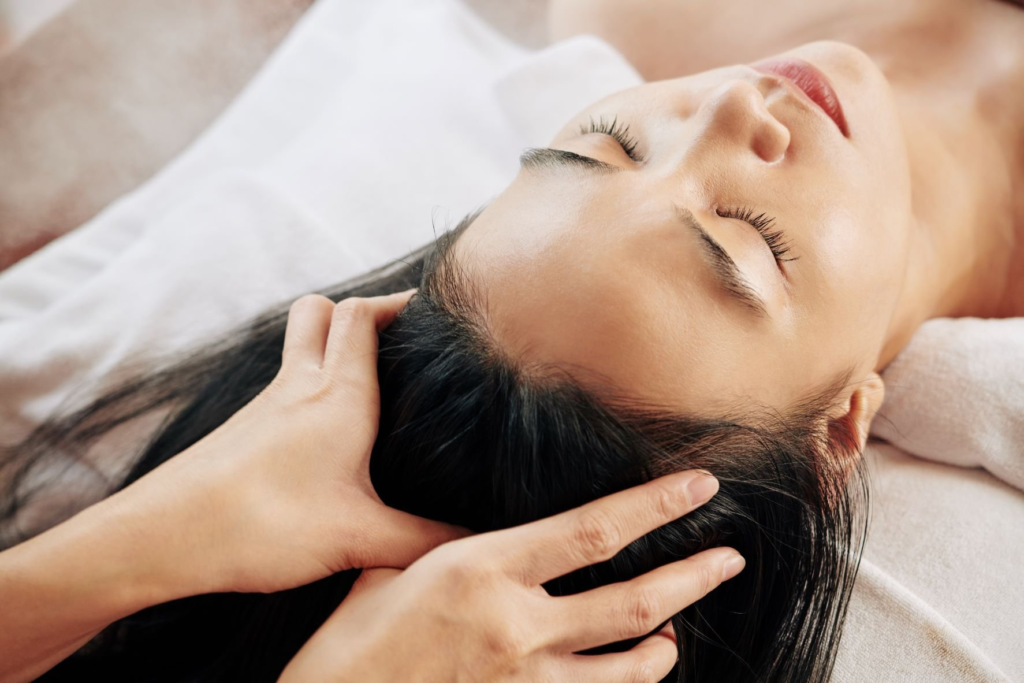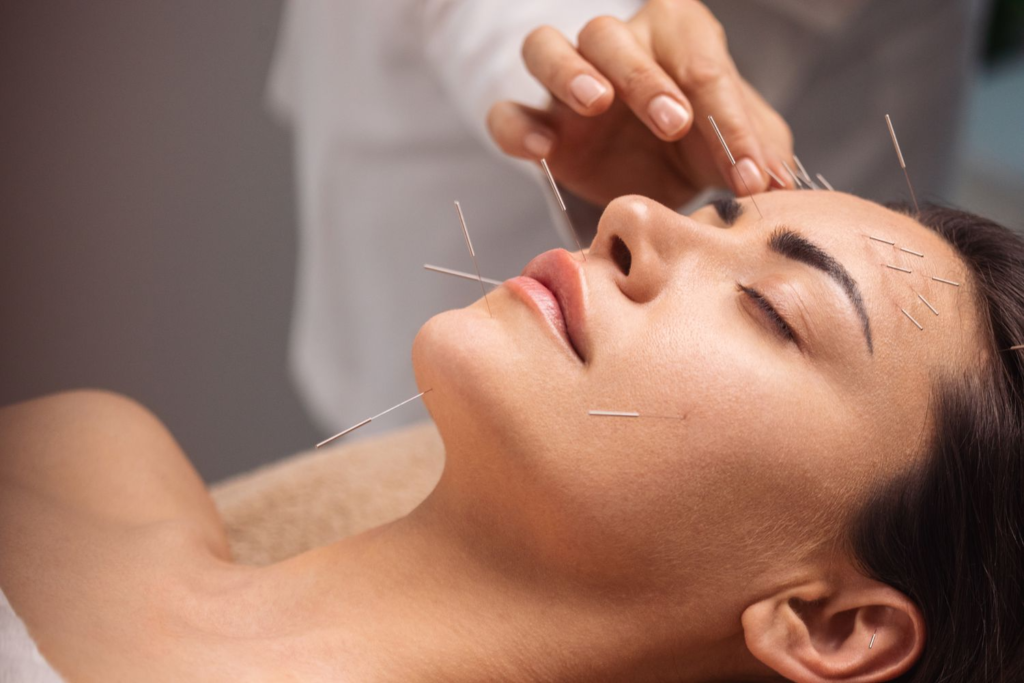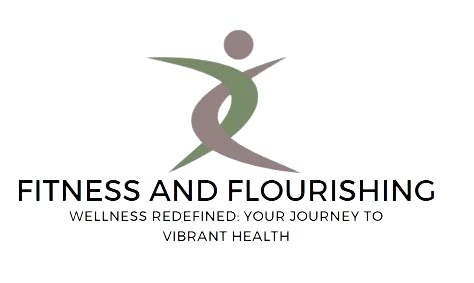Do you ever reach for a sugary coffee to beat that afternoon headache, only to find yourself crashing even harder an hour later? If you experience blood sugar swings, you’re not alone. But what if there were natural ways to manage your blood sugar and avoid those pesky headaches?
What is a headache?
A headache is a pain you feel in your head or face, manifesting in many ways. It might be a dull ache, a sharp throbbing, or a constant pressure. Headaches vary greatly in intensity, location, and frequency, and while most people experience them at some point in their lives, they can be a real nuisance, even leading to missed work or school. The good news is that most headaches are harmless, but it’s essential to know that some types can indicate a more serious underlying condition.
Types of headaches
There are two main types of headaches: Primary headaches and secondary headaches.
Primary headaches
Primary headaches, the most common type, arise from problems within your head, not other illnesses. Tension headaches, migraines, and cluster headaches are all examples. These headaches can be flared by everyday things like caffeine withdrawal, bad posture, or even a big cough. While not dangerous, they can be quite a pain, disrupting your daily routine.
Secondary headaches
Unlike primary headaches, secondary headaches stem from an underlying medical issue. They act as a warning sign rather than the problem itself. Dehydration, sinus issues, or even medication overuse can trigger them, and thankfully, they usually go away once the root cause is treated. However, be aware of sudden and severe headaches. These could be a sign of something more serious, like a spinal fluid leak or a brain bleed. If you experience a thunderclap headache characterized by its rapid onset and intense pain, get instant medical attention to rule out any life-threatening conditions.
Tips to prevent headaches
1. Exercise
Even though headaches are a pain, exercise can be part of the solution! Regular physical activity can help prevent headaches, particularly tension headaches, by reducing stress and muscle tension. It also refines sleep quality, which can further reduce headache frequency. So next time you feel a headache, consider a brisk walk or light yoga instead of reaching for pain relievers.

2. Sleep
Don’t underestimate the power of a good night’s sleep for keeping headaches at bay. Poor sleep, whether not getting enough shut-eye or experiencing restless sleep, can trigger headaches, especially tension headaches. Aim for a consistent sleep schedule, getting 7-8 hours of quality sleep each night. This can help regulate your body’s natural rhythm and reduce the chances of headaches becoming a pain in your neck.

3. Stress
Are you feeling stressed? You might be inviting a headache. Stress is a primary culprit behind tension headaches, causing muscles to tense up and blood vessels to constrict, leading to uncomfortable tightness or pressure in your head. By incorporating stress-management techniques like meditation, deep breathing, or yoga into your routine, you can learn to unwind and reduce the physical effects of stress that can trigger headaches. So next time you feel overwhelmed, take a deep breath and try some stress-relieving methods to keep those headaches at bay.

4. Breathing exercises
Did you know simple breathing exercises can be powerful tools in your headache-prevention arsenal? While breathing exercises for older people to improve lung function are fantastic for overall health, they can also be surprisingly effective in managing headaches. Techniques like deep breathing and pursed-lip breathing can help reduce stress and muscle tension, both common headache triggers. By focusing on slow, controlled breaths, you can relax your body and promote better blood flow, potentially nipping a headache in the bud before it starts. So, the next time you feel a headache, take a few minutes to focus on your breath and see if it helps you find relief.

5. Head massage
Are you feeling a headache coming on? A happy head massage might be just the thing to nip it in the bud. Head massages can help ease tension headaches, a common type caused by stressed muscles in the scalp and neck. By applying gentle pressure and increasing blood circulation, a head massage can help relax those tight muscles and melt away the discomfort. So next time you feel a headache brewing, consider giving yourself or asking a partner for a happy head massage; it might be a natural remedy that brings welcome relief.

6. Hydration
Don’t underestimate the power of pure hydration to prevent headaches! Even mild dehydration can trigger throbbing head pain. You ensure your body has the fluids to function optimally by consistently sipping water throughout the day. This helps keep your brain happy and reduces the chances of a dehydration headache sneaking up. So ditch the sugary drinks and prioritize pure hydration for a pain-free day.

7. Avoid strong smells
For some people, strong odors can be an actual headache trigger. This is especially true for those who suffer from migraines, a condition known to cause sensitivity to smells. If you frequently get headaches, avoiding harsh scents like perfumes, cleaning products, and cigarette smoke might be helpful. Limiting exposure to these triggers could significantly reduce your chances of experiencing a headache.

8. Consider Supplements
Lifestyle changes are most important for headaches, but some people also try supplements. A lack of magnesium, vitamin D, and vitamin B2 may be linked to headaches. Talk to your doctor before taking supplements to see if they’re safe for you and won’t interfere with any medicines you take.

9. Take computer breaks
Staring at a computer screen all day can strain your eyes and lead to headaches. To avoid this, take frequent breaks! Every 20 minutes, look away for 20 seconds at something 20 feet distant. This gives your eyes a rest and helps prevent eye strain. These short breaks can also help you stay focused and refreshed throughout the day.

10. Acupuncture
Acupuncture is gaining traction to prevent headaches, not just treat them. This traditional Chinese medicine practice involves inserting thin needles into specific points on your body. While the exact science is still being explored, some believe it triggers the release of endorphins, natural painkillers, in your body. This, along with improved circulation and stress reduction, may help prevent headaches from occurring in the first place. If you’re interested, talk to a licensed acupuncturist to see if it might fit you.



